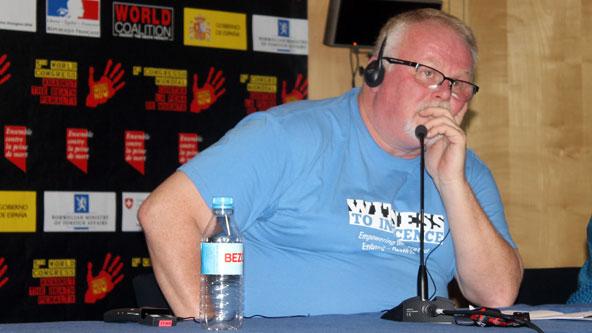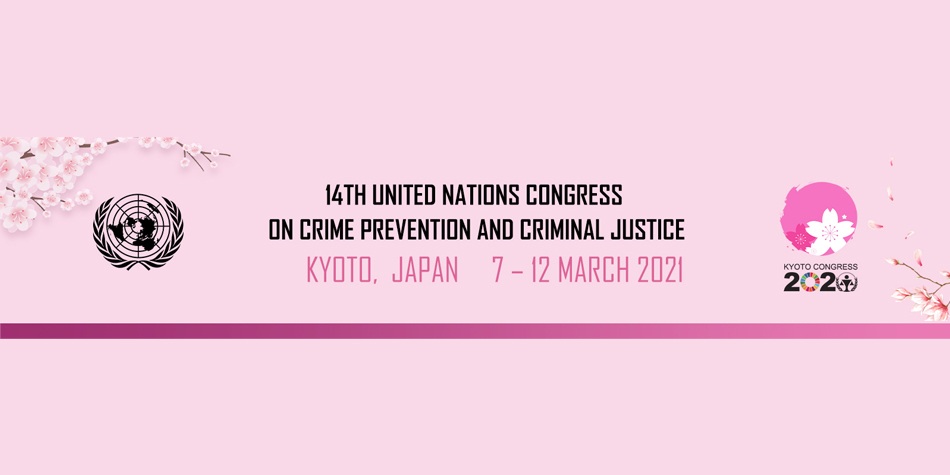
Shedding light on judicial blunders can help achieve abolition
World Congress
“One morning 20 years ago, as I was still asleep, my name came up in the newspapers. It was said that I had killed someone. Under torture, I confessed to a crime I had nothing to do with. I was so depressed that I truly considered committing suicide,” one man declares.
“I spent 11 and a half years on death row while I was innocent,” adds another. “It was extremely difficult for me to reintegrate into society, people kept rejecting me,” finishes the last one.
In Taiwan, these three former convicts who had been sentenced to death are known as the “lucky trio”. Indeed, they had the chance to get out of prison alive after the mistakes which had led to their convictions were revealed. They know however that not everyone will be so lucky.
This is why various organisations from all over the world fight to shed light on these cases in order to support the abolitionist cause.
The participants to the 5th World Congress against Death Penalty, who gathered in Madrid, Spain until June 15th, are raising the alarm: giving the wrong verdict is a possibility, it is therefore necessary to act before it is too late.
A turning point has been reached in Taiwan
The case of the Lucky Trio is a turning point for the fight against death penalty and action to raise the awareness of the population in Taiwan. Chang Chuan-Fen, a writer and board member of the Taiwan Alliance to End the Death Penalty (a member of the World Coalition), explains that in her country, crime is often considered as a moral insult: “Some people think that a person is necessarily sentenced to the death penalty because he or she deserved it. But today, we are starting to take into account the possibility that miscarriages of justice can happen.”
In Taiwan, 53 people are currently on death row. “Miscarriages of justice are part of the capital punishment system,” Chang Chuan-Fen insists.
Tunisian transition
Samy Ghorbal, a journalist, writer and the head of a research mission on the death penalty in Tunisia for World Coalition member organisation ECPM has pooled evidence on similar cases: “It is the first time that a research mission is allowed to enter Tunisian prisons. We hope that our work will contribute to humanize this plague and raise awareness among the population.”
His book, Buried alive, is an account of that mission. “We chose this communication strategy to target a wider public than a report would have done. We know that we won’t change the population’s views on the matter overnight, but we can try and alert them,” he says.
Ghorbal is fully aware that the transition in Tunisia is not yet over and that there is still a long way to go before completing it.
Former death row prisoner Kirk Bloodsworth (photo above, video left) shares his point of view: he managed to prove his innocence and was the first person sentenced to the death penalty who was cleared by a DNA test in the US. Kirk Bloodsworth now works for the organisation Witness to Innocence – a member of the World Coalition – and is involved in a project to give people access in his situation to genetic testing so that they can prove their innocence.
Since 1976, 142 innocents have been released from death row in the US.




